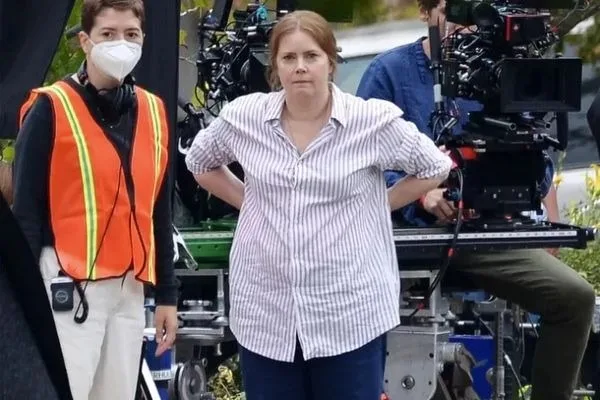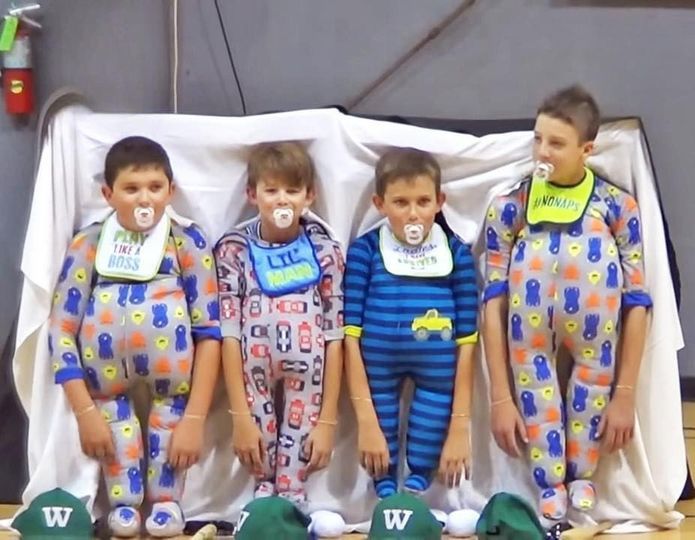The Influence of Social Media on Public Perception
In today’s fast-paced digital age, social media has become an incredibly influential platform, one that can shape narratives and opinions with the…
In today’s fast-paced digital age, social media has become an incredibly influential platform, one that can shape narratives and opinions with the power of a single viral post. Recently, Vice President Kamala Harris became the latest public figure to experience firsthand just how quickly things can spiral online when a video clip of her in what some described as an “oblivious” moment spread across platforms like wildfire. What followed was an explosion of reactions—both lighthearted and critical—fueling a social media storm that she may not have anticipated.
The video in question, which quickly went viral, captured Harris during what appeared to be a moment of inattention, with some viewers playfully suggesting she seemed unaware of her surroundings. The exact details of the clip may have varied depending on how it was framed or interpreted, but what was unmistakable was the speed at which social media users began to dissect and react to it. Within hours, the clip was everywhere, with users on Twitter and Facebook leading the charge. Memes, jokes, and humorous commentary flooded timelines, as people seized the chance to share a collective laugh.
Memes, in particular, are a staple of the modern internet landscape, and it didn’t take long for creative users to add their own captions and clever twists to the video, turning it into a source of lighthearted amusement. While many saw it as just that—a fleeting, funny moment in the day—others took the opportunity to engage in a broader conversation about Harris’s actions and the responsibilities of a vice president.
As is often the case with viral content, reactions to the video quickly divided along political lines. Harris’s supporters were quick to jump to her defense, framing the moment as something that could happen to anyone. After all, public figures are constantly being watched, recorded, and critiqued, and it’s only natural for someone in such a high-stakes role to have an occasional lapse in focus. The argument from this camp was clear: Harris is human, and even highly capable individuals have their off moments. Her defenders stressed that the video was being blown out of proportion, a trivial incident used as fodder by those seeking to undermine her credibility.
On the other side of the spectrum, Harris’s critics seized on the viral moment as an opportunity to question her competence and effectiveness as vice president. For them, the video symbolized something larger—an example of her being out of touch or unfit for the responsibilities of the office. The viral nature of the clip gave critics a new rallying point, and the incident quickly evolved from a funny meme into political fodder, with detractors using it to bolster their arguments against her.
This incident is not unique in the world of politics, where every move of a public figure is scrutinized, often with high stakes. The rise of social media has made it easier than ever for small moments to be amplified, sometimes with the context stripped away, and to take on a life of their own. In Harris’s case, the moment that was initially turned into a joke on social media became another entry in the broader conversation about her political career and public persona.
It’s important to note that public figures are no strangers to this kind of scrutiny. From world leaders to celebrities, anyone in the spotlight must contend with the reality that their actions can go viral, often with unexpected consequences. However, while social media offers a platform for criticism, it also provides a space for people to show support, offer alternate perspectives, and engage in more nuanced discussions.
In this case, while the initial reaction was overwhelmingly humorous, the online conversation quickly splintered into two main camps: those who saw the video as harmless and even relatable, and those who interpreted it as emblematic of larger concerns about Harris’s fitness for office. The incident underscores a recurring theme in modern politics: the way viral moments can shape public perception, for better or worse.
As the dust settles from this viral moment, Harris continues her work as vice president, and this incident, like many before it, will likely fade into the background of a political landscape full of similar viral moments. But it also serves as a reminder of the immense power that social media holds in shaping public narratives. In the digital age, where attention spans are short and moments of levity are often embraced amid the seriousness of politics, public figures like Harris are likely to continue facing moments of unexpected virality, whether they expect it or not.



